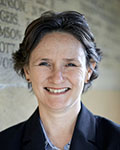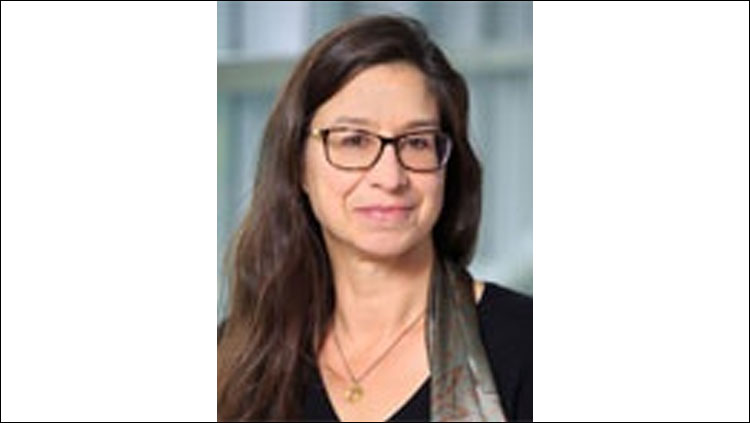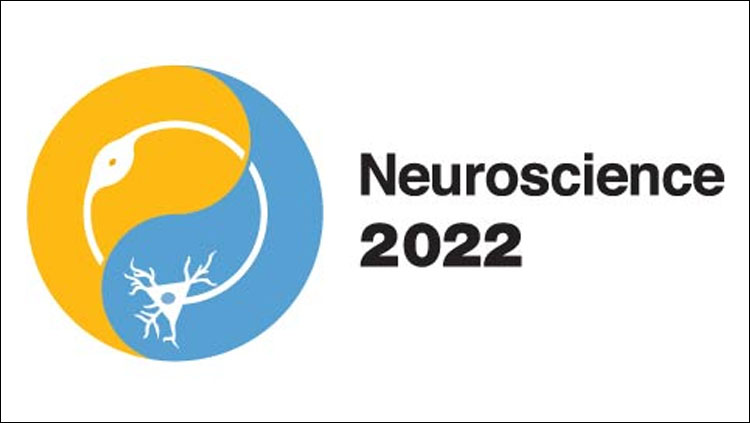Q&A: FENS President Irene Tracey

Irene Tracey
Irene Tracey is Professor of Anaesthetic Neuroscience at the University of Oxford and new president of the Federation of European Neuroscience Societies (FENS). Her multidisciplinary research team has contributed to our understanding of pain perception and pain relief within the human central nervous system using advanced neuroimaging. They also investigate the neural basis of anaesthesia induced altered states of consciousness. Irene has served and continues to serve science through her election to Councils of: International Association for the Study of Pain, British Neuroscience Association, and Medical Research Council. In 2022, she was appointed by Her Majesty The Queen to a Commander of the Order of the British Empire (CBE) for services to Medical Research.
Neuroscience Quarterly (NQ): As FENS president, what do you see as the biggest opportunities and challenges facing FENS in the next few years? What issues facing FENS and the neuroscience community are you personally planning to focus on?
Irene Tracey (IT): FENS is in great shape despite the challenges we have all faced in recent years due to the pandemic. I am immensely grateful to FENS former president, Jean-Antoine Girault, and the rest of his leadership team for leading the organization so well during this period. I am also grateful to FENS former executive director, Lars Kristiansen, for his many years of service stewarding FENS prior to taking up his new role with the excellent organization that is IBRO.
So, armed with a new and hugely talented executive director, Tasia Asakawa, and a new leadership team, I am excited and honored to lead FENS in this next phase of its evolution. We are close to completing an internal review where we are examining ‘root and branch’ our operations, governance, and activities. With financial pressures facing most organizations, this review affords an opportunity to ensure we are maximizing our impact in the most efficient manner possible. Funding, education, and training are in the DNA of FENS, and these remain a priority, but identifying new areas of focus and training needs, such as neuroethics, neuroscience advocacy, and sustainable science is important if we are to evolve and meet the challenges of the day. Continuing to support the ALBA Network with their diversity, equity, and inclusion (DEI) agenda is another key goal for FENS. Finally, I will be personally championing the broader benefits to society of a strong and well-funded neuroscience community within Europe through advocacy, media, and other means. FENS provides a unifying voice to our member societies – we are there to serve them and their needs, individually at times, but more commonly as a collective. My job is to make sure that I am listening to their needs and then using the resources that FENS has to meet those needs. And of course, delivering a knockout FENS Forum 2024.
"FENS provides a unifying voice to our member societies – we are there to serve them and their needs, individually at times, but more commonly as a collective."
NQ: The FENS Forum 2022 was a return to in-person programming following the disruption of the pandemic. How would you describe the return to in-person scientific meetings?
IT: Fantastic. What’s not to love when close to 8,000 neuroscientists drawn from Europe and the world gather in beautiful Paris to share their work!? Our largest attendance to date, which I think speaks for itself. Everyone was craving to meet, talk science, and party. People were even dancing at the opening ceremony, which you don’t see often. It was energizing, stimulating, and fun. Though we do acknowledge that pandemic-related online offerings were valued and enabled us to reach a broader audience. Working through how to deliver good quality online content during a face-to-face meeting is a challenge, but one we all must tackle. Thanks to everyone who came to Paris and made it such a success. See you in Vienna 2024!
NQ: In 2020, FENS and SfN renewed a three-year Memorandum of Understanding (MoU). In what areas has this agreement benefitted both SfN and FENS members in both continued and perhaps new ways?
IT: Our relationship with SfN is enormously important to the FENS community. Irrespective of the MoU period overlapping with the pandemic, I am pleased to report that progress in the areas of common interest has been made: advocacy training, highlighting the importance of animal research, scientific training through electronic platforms, and helping ALBA mature its DEI programs. I’m particularly pleased that we’ve generated joint materials to share with our respective communities, such as the awareness-raising videos done in collaboration with the European Brain Council and the online materials developed jointly with SfN’s Neuroscience Training Committee on “why fake news is so fascinating to the brain” or “exercise in brain health and disease”, as just a few examples. ALBA has grown considerably and it has spectacularly delivered by providing toolkits, training, advocacy, and webinars, along with increasing visibility of underrepresented groups with prize lectures.
My hope is that our relationship with SfN will deepen in the coming years as we work together to champion neuroscience within North American and Europe. Let me take this opportunity to thank you, our SfN colleagues, for the continued friendship and collegiality.
NQ: You have been very active in several professional societies throughout your career. How do you see has this involvement benefited your career? What would you say to those considering volunteering with a professional society such as FENS or SfN?
"Being part of the operational side of an organization gives you a broader perspective that I have always found helpful..."
IT: I’d say go for it. I have both enjoyed and benefited from being involved with a range of professional societies. Being part of the operational side of an organization gives you a broader perspective that I have always found helpful, particularly when it comes to managing people or decisions in other areas of my career. You learn a lot by working alongside other colleagues from a range of cultural, scientific, or geographical backgrounds on issues and challenges that might stretch you. It is also great fun. You make friends for life and you get to build networks and friendships beyond your own area – adding to the richness of your scientific experience. Most importantly, being involved in professional societies provides an opportunity to ‘give back’ – something I am passionate about doing as a scientist who benefited from those who gave back before me.



















